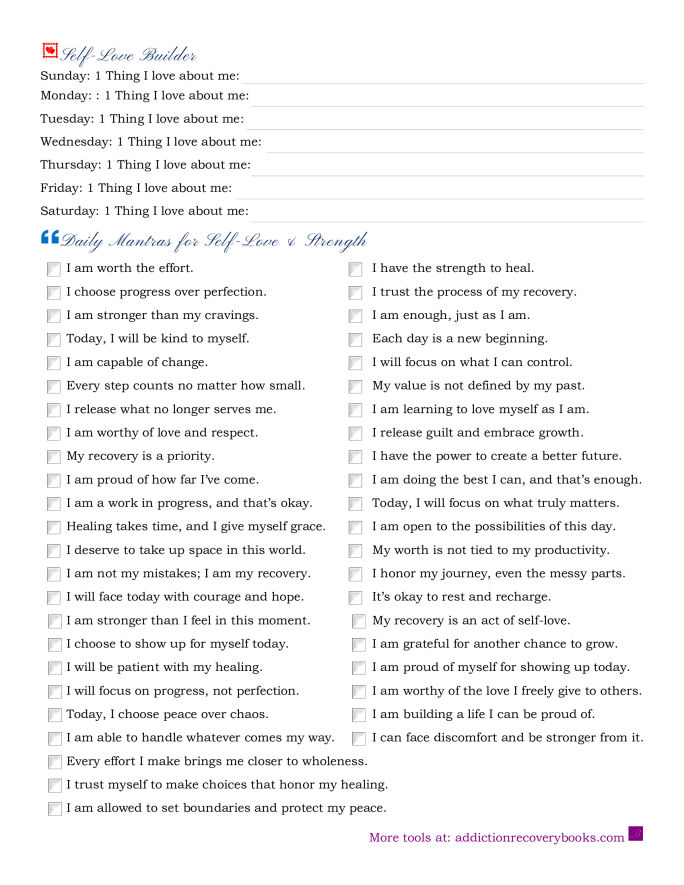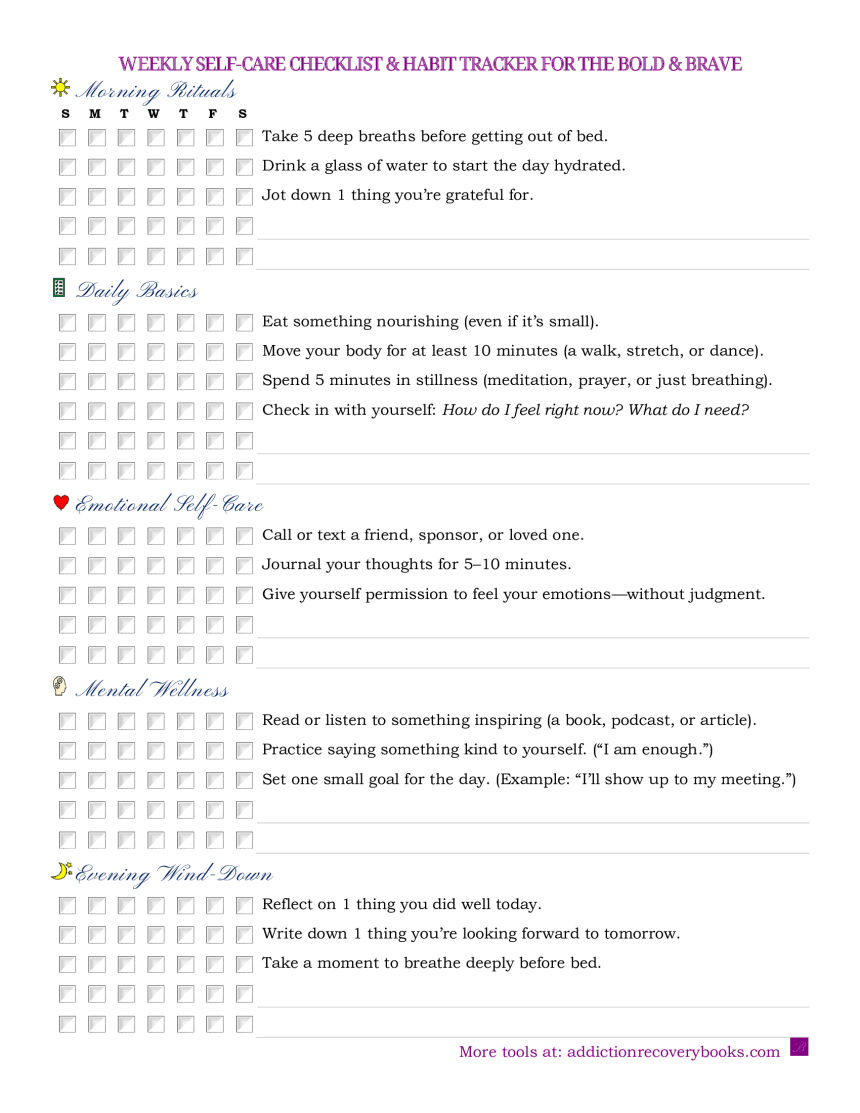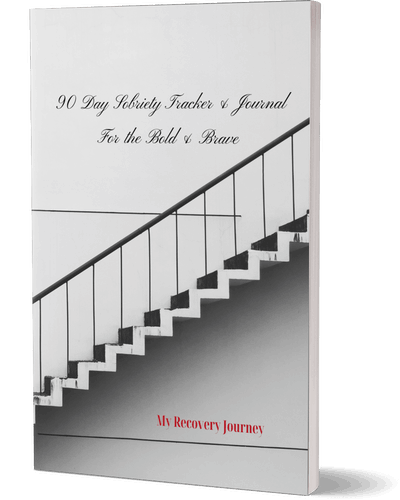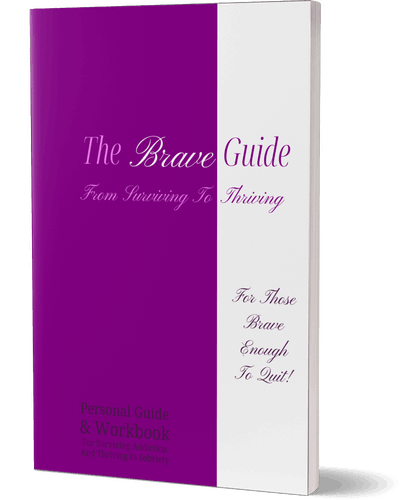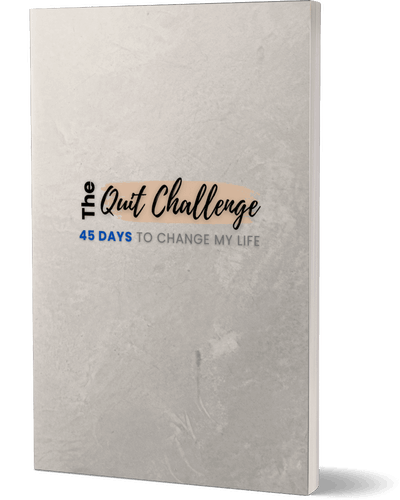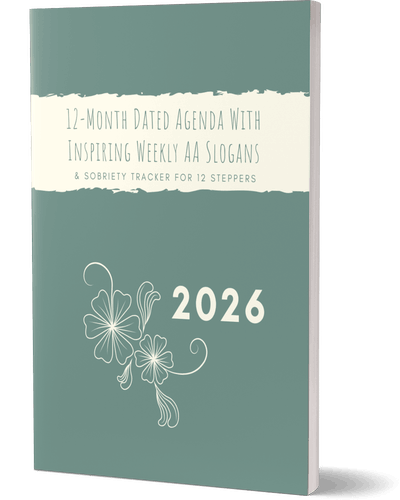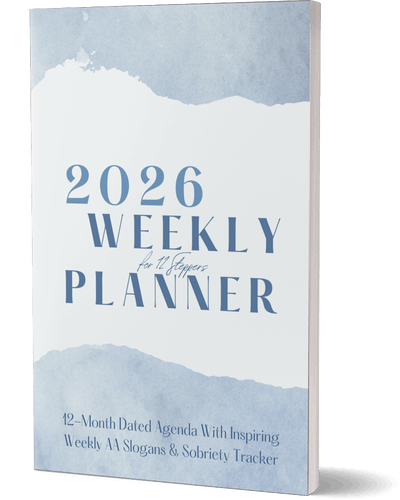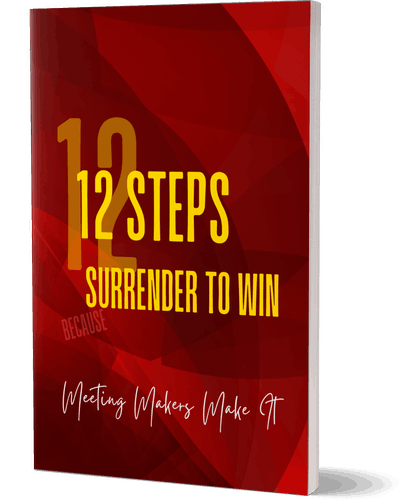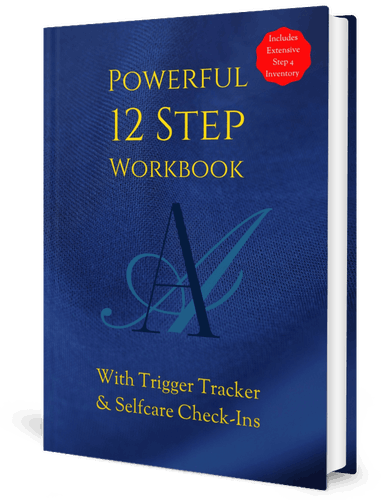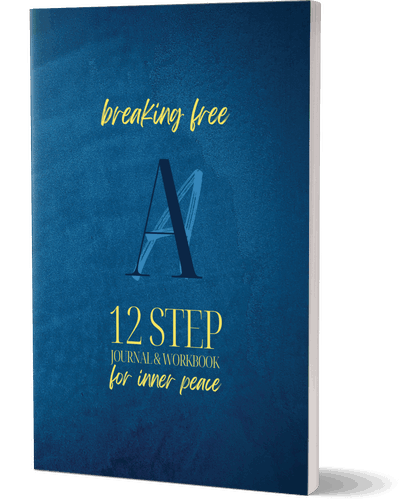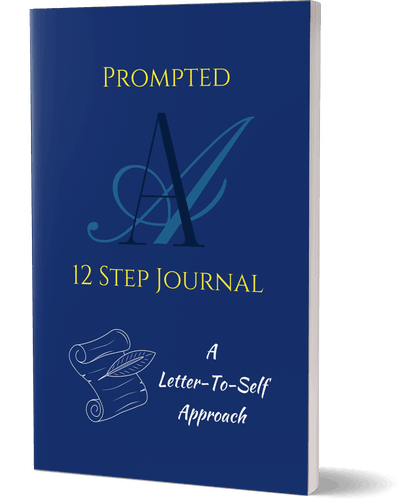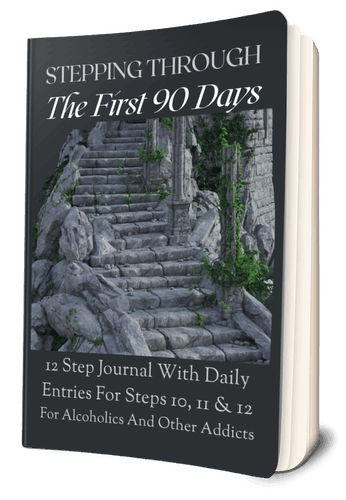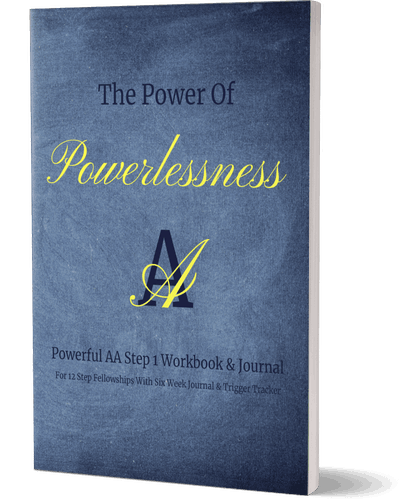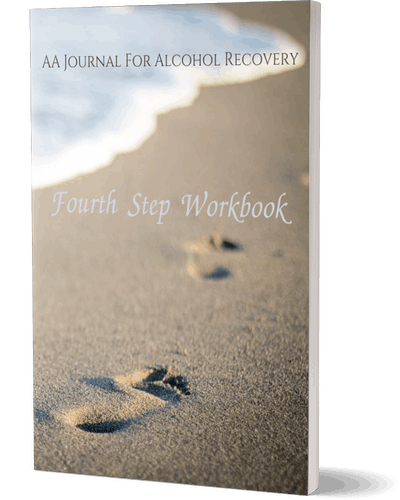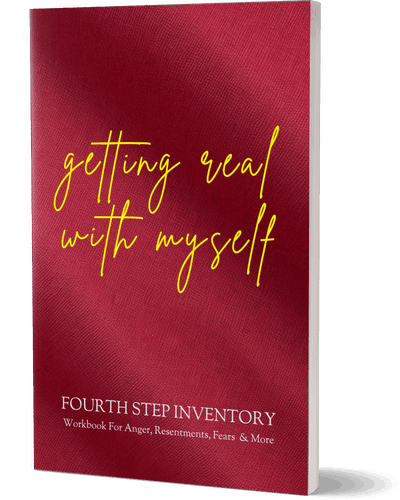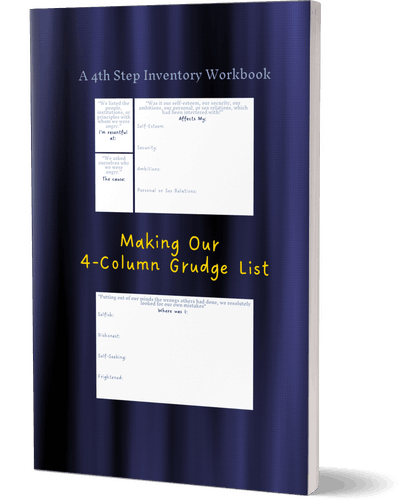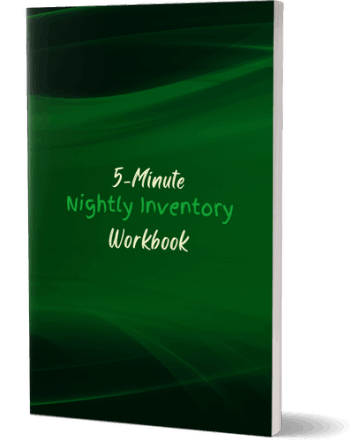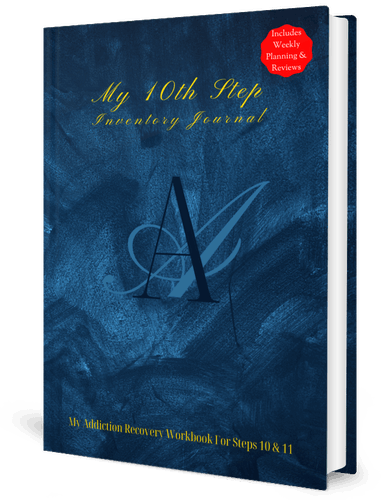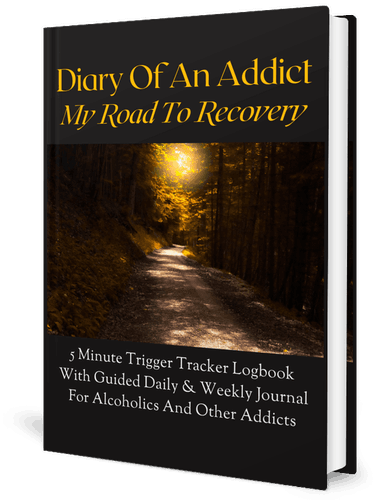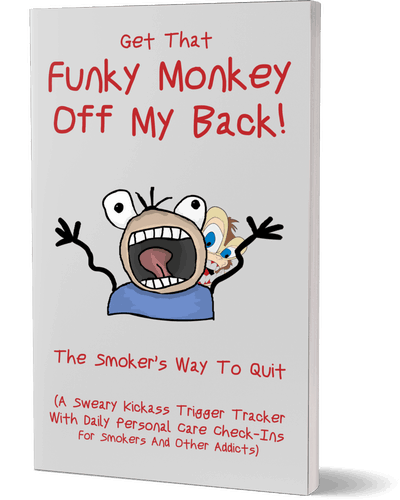When Self-Care Feels Like Bullshit Work
I remember the transformation. At first, taking care of myself felt like complete bullshit work. I mean, it’s just me—why bother making a nutritious meal for one? I’d get hungry, but by the time I found something I wanted to eat, I wasn’t hungry anymore. And the idea of the work involved—even if it was just making a sandwich—seemed like too much time and effort.
I’d go for days eating nothing but a few chips or a couple of spoonfuls of ice cream because that involved exactly zero effort. Even brushing my teeth some days seemed like a chore. Again, why bother?
But then a member of my recovery team got on my case about it. She didn’t sugarcoat it and gave me a serious reality check. Then she challenged me: do these basic self-care things for 30 days. She handed me a list, told me to follow it, and had me check in with her every week.
So, I broke down and did it.
At first, it felt pointless—like one more thing I had to do. But I stuck with it, even though I didn’t see how it would help me...at first. But by the end of those 30 days, something shifted. I felt better—not just physically, but about me. I started to feel like I was worth the work.
Then came the next challenge: bigger self-care tasks like journaling and spending time with healthy people. That’s when the real transformation really began to take hold. I went from feeling like I wasn’t worth the effort to believing I was worth ANY effort. I began to feel worthy. Not worthy for someone else—just worthy. Worthy of a good life. Worthy of real love. Worthy of having healthy people in my life and worthy of getting the toxic ones out. I was just as important as anyone else.
It was amazing!
Self-care gives us the energy, focus, and strength to tackle the emotional and spiritual work of addiction recovery. It’s not about being selfish; it’s about being functional. Because if we’re running on fumes, we’re not just shortchanging ourselves—we’re shortchanging our recovery, our relationships, and our future.
That’s why I created this Free Self-Care Checklist—because let’s be honest, sometimes we need things spelled out for us. (I’m looking at you, fellow overthinkers.) It's designed to help you hit pause and check in with you. With simple, actionable prompts, you’ll build a foundation of habits that strengthen both your body and mind. This checklist is full of small, doable actions that can actually make a big difference.
These aren’t groundbreaking ideas, I know, but that’s the point. Recovery is built on small, consistent actions, not grand gestures.
